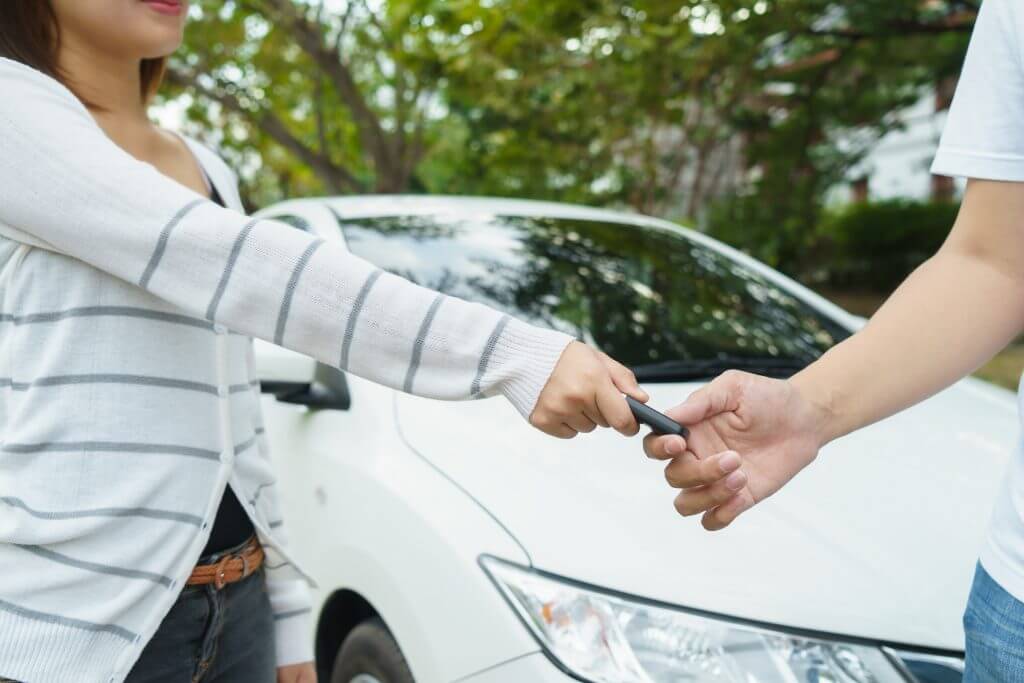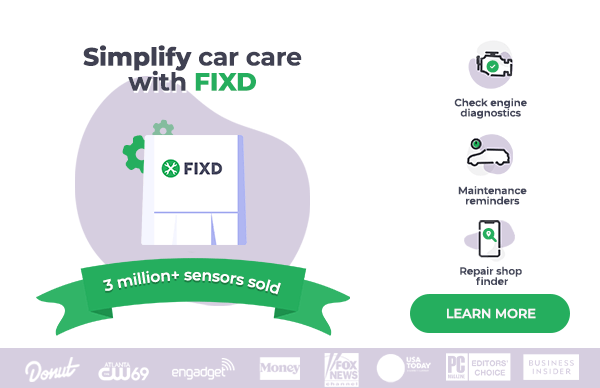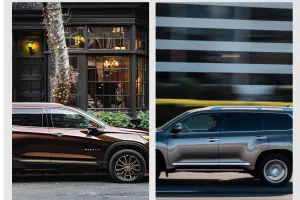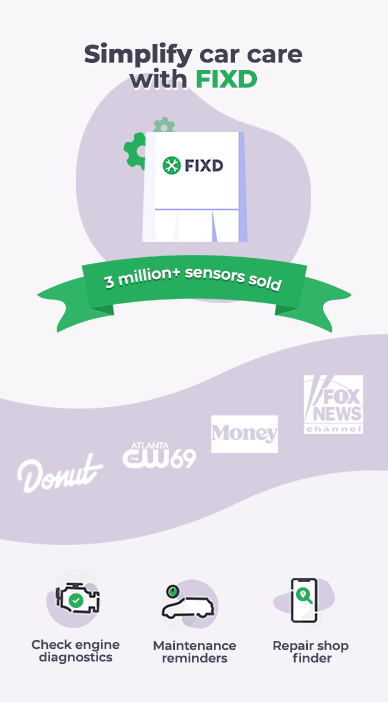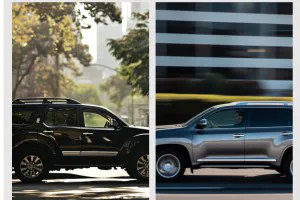Selling a Car Privately Can Often Earn You More Money on Your Current Vehicle Than Trading It in With a Dealership. Here’s Everything You Need To Know About How To Sell a Car Privately.
What Is a Private Car Sale?
A private car sale is one in which a car owner sells their vehicle directly to a buyer instead of trading it in with a dealership. With a private sales transaction, the seller and buyer are responsible for completing all the paperwork. If you choose to sell your car, truck, or SUV privately, you’re accountable for making sure you receive proper payment and for limiting your liability.
What Are the Advantages of Selling a Car Privately?
While you have to take on more responsibilities when selling a car privately than selling it to a dealership, there are advantages to selling your car privately that might make it worthwhile. These advantages include:
- Getting a better price than the trade-in value. When a dealership purchases a used vehicle, they pay the wholesale price. This is usually significantly less than the retail price, allowing them to make a profit when they resell the car. Private buyers are typically willing to pay a price that’s in between the wholesale and retail price.
- Getting more money for an older vehicle. Most dealerships aren’t interested in purchasing older vehicles at all. If they do purchase an older vehicle, they’ll typically sell it at auction. Because buying older vehicles is a risk for the dealership, they aren’t likely to give you as much as you want for your car.
- Negotiation. When you trade your car in to a dealership, they’ll offer you the wholesale price with no room to negotiate. If you sell your car privately, you can advertise it at a higher price and let buyers know that you’re willing to consider “best offers.” This indicates to buyers that you’re willing to negotiate while still leaving you room to make a profit off the sale.
- Removing a step from purchasing your new vehicle. If you sell your car to a private buyer, it simplifies the process of shopping for a new car, truck, or SUV. You’ll only have to focus on negotiating a price for the car you want to purchase and setting up a financing package. You won’t have to haggle over the value of your trade-in, and you’ll already have money for a down payment.
Keep in Mind
When selling a car privately, you’re taking on risks not associated with dealership transactions. Consider the following before you start the process of a private sale:
- It’s a time-consuming process. When you sell a car privately, you have to collect all the necessary paperwork, set your asking price, and create an advertisement. You also have to screen callers and schedule test drives. The entire process can take weeks, if not months, to complete.
- You’ll have to interact with several strangers. After you post your advertisement, you’ll have strangers contacting you to make offers and schedule test drives. Make sure to meet in a public area where there are several people around, and bring someone with you when meeting a potential buyer.
- You’re taking on potential liability. When you sell your car to a dealership, the dealer assumes all responsibilities and liabilities once you sign the paperwork. However, in a private sale, the buyer might hold you liable if the vehicle breaks down or there are other problems. You might also face legal problems if you fail to transfer the title completely or to record the sale properly.
- You might fall victim to a scam. While most private buyers are honest, law-abiding consumers, it isn’t unheard of for someone to buy a car with counterfeit cash, fraudulent checks, or fake money orders. In some instances, the buyer isn’t actually interested in your car. Instead, they’re attempting to get your private information for identity theft purposes.
How To Sell a Car Privately
Gather Necessary Paperwork
Ensure you have the car title, a vehicle history report, and whatever paperwork your state’s Department of Motor Vehicles requires to complete the sale. You’ll also want to contact your lender if you still owe money on your vehicle. They will require you to pay off the loan and complete additional paperwork.
Set Your Asking Price
Compare your vehicle’s book value with what other sellers are asking for in your area. Also, research the value of your car on Kelley Blue Book and Edmunds. You want to sell your car for more than the current value while leaving room to negotiate, so the buyer feels like they’re getting a good deal. Just ensure you’re not charging more than local sellers offering similar vehicles.
Find a Backup Offer
Contact your local dealerships and used car superstores to see which one is willing to pay you a fair price for your vehicle. While they won’t offer as much as a private buyer, you want to have a backup plan in case you can’t find a serious private buyer.
Clean Your Car and Make Necessary Repairs
Make your vehicle appealing to potential buyers. While you don’t have to fix every minor flaw, you want to ensure it’s clean, operates safely, and doesn’t have any major mechanical issues that the buyer will have to fix. This is a point of negotiation that the buyer can use against you to get a lower selling price, so make sure your car doesn’t have any such issues before you sell it.
Take Photos and Create Your Advertisement
Ensure it’s sunny outside when you photograph your car and take photos from every angle. You’ll also want to photograph the vehicle’s interior, including the odometer to verify current mileage. Craigslist, Facebook Marketplace, and Autotrader are all excellent websites for private car sales.
Screen Potential Buyers
You might want to set up a temporary email address that you can use to screen buyers and weed out anyone who doesn’t sound genuinely interested. You will undoubtedly get some fake accounts and scammers replying to your ad. Expect serious buyers to ask about your vehicle’s condition and other basics, and be prepared to answer their questions.
Schedule a Test Drive
After you find a serious buyer, you’ll need to set up a test drive. Make sure to bring a friend or relative with you, and meet in a safe place like a mall parking lot.
Finalize the Sale
If the test drive goes well and the buyer is still interested, it’s time to close the sale. Ensure that all the necessary paperwork is complete. Then you can cancel your insurance policy and start shopping for a new vehicle.
Now that you know everything about how to sell a car privately, you’ll be able to sell your vehicle with confidence. Good luck!

At FIXD, our mission is to make car ownership as simple, easy, and affordable as possible. Our research team utilizes the latest automotive data and insights to create tools and resources that help drivers get peace of mind and save money over the life of their car.

